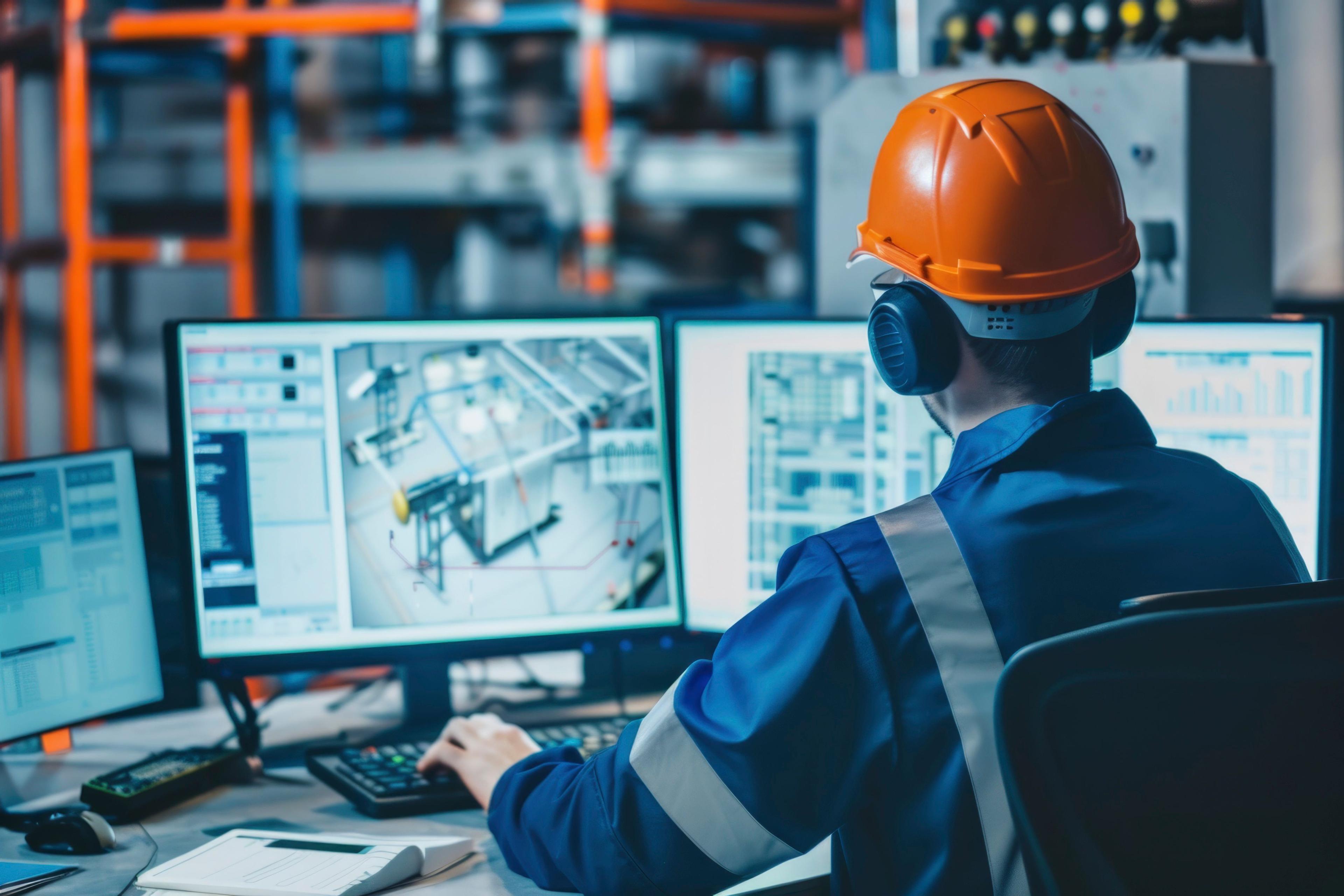
Smart Buildings in a Modern World: A Sustainable Revolution in Construction
11 Aug 2024In the rapidly evolving construction landscape, "smart buildings" have emerged as a cornerstone of sustainable development, unlocking unprecedented levels of optimization through modern technological advancements. These tech-enabled structures represent a significant leap forward in the way projects are designed, constructed, and managed, offering unparalleled benefits for both the environment and occupants. The advent of smart buildings has fundamentally reshaped how engineering and sustainability are approached.
What Are Smart Buildings?
Smart buildings are more than just structures; they are dynamic entities that adapt, learn, and evolve with proper management. Equipped with sensors, automation systems, and IoT (Internet of Things) devices, these buildings regulate their operations much like the human body. Real-time monitoring and control of functions such as lighting, heating, ventilation, and security become seamless with these technologies. By integrating advanced systems, smart buildings optimize energy use, enhance comfort, reduce operational costs, and minimize environmental impact.
Sustainability at the Core
Sustainability lies at the heart of smart buildings, encompassing environmental, operational, and financial aspects. Through data-driven insights, these buildings significantly reduce energy consumption, lower carbon footprints, and support renewable energy integration. For instance, smart HVAC systems adjust heating and cooling based on occupancy patterns, while intelligent lighting systems optimize natural light use, reducing the need for artificial lighting and improving energy efficiency.
A Global Opportunity
The demand for smart buildings is not limited to any one region; it is a global phenomenon. From large-scale government infrastructure projects to small commercial developments, the need for smart, sustainable solutions is universal, transcending geographical boundaries, climate conditions, and regional differences. Engineering consultancies with a global perspective are uniquely positioned to meet this demand by delivering innovative solutions that cater to diverse environments and requirements.
The Future of Smart Buildings
As technology continues to advance, the capabilities of smart buildings will expand, offering even greater efficiencies and environmental benefits. The integration of AI, for example, will further enhance the impact, efficiency, and effectiveness of smart solutions, driving the operational performance of buildings to new heights.
In a world where sustainability is no longer optional but essential, smart buildings offer a clear path forward, leveraging global expertise to create a more sustainable, intelligent built environment.
Related news

- © All rights reserved 2026
- Terms & Conditions
- Privacy Policy
By using our site, you agree to our use of cookies.

